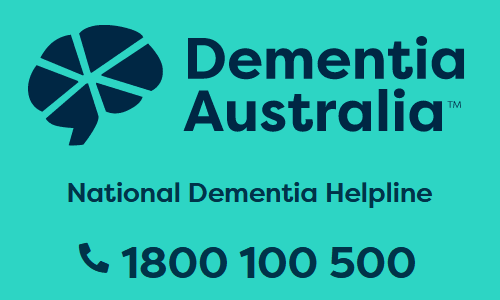End of life
Some people find it hard to think about the end of life; others like to talk about it upfront.
The choices you and your family make about end of life are very personal choices. Your choices can be written down in an advance care plan, which may be called different things in different states and territories.
If you plan to be cared for at home, your family and carers will need support from medical, nursing, allied health and community services to provide the care you’ll need. Health professionals can help you think this through, and make it happen when the time comes.
Occupational therapists and other health professionals can give information to help you and your family make the decision about whether to care for you at home. Occupational therapists can assess your needs and those of your carers, provide or point you towards equipment, and train carers to use it.
Social workers provide emotional support and guidance, and liaise between services and health professionals.
Physiotherapists can give advice about maintaining mobility and movement and train carers to provide safe assistance.
Dietitians have a role in providing expertise about food and nutrition and where to get nutrition supplements if needed.
Speech pathologists can assess and provide advice about changes to your swallowing. They can also help your carers understand changes in communication to ensure that you can continue communicating in the best way possible.
Talk to
Occupational therapist
Social worker
Physiotherapist
Dietitian
Speech pathologist
The National Dementia Helpline is an Australian Government funded initiative.


